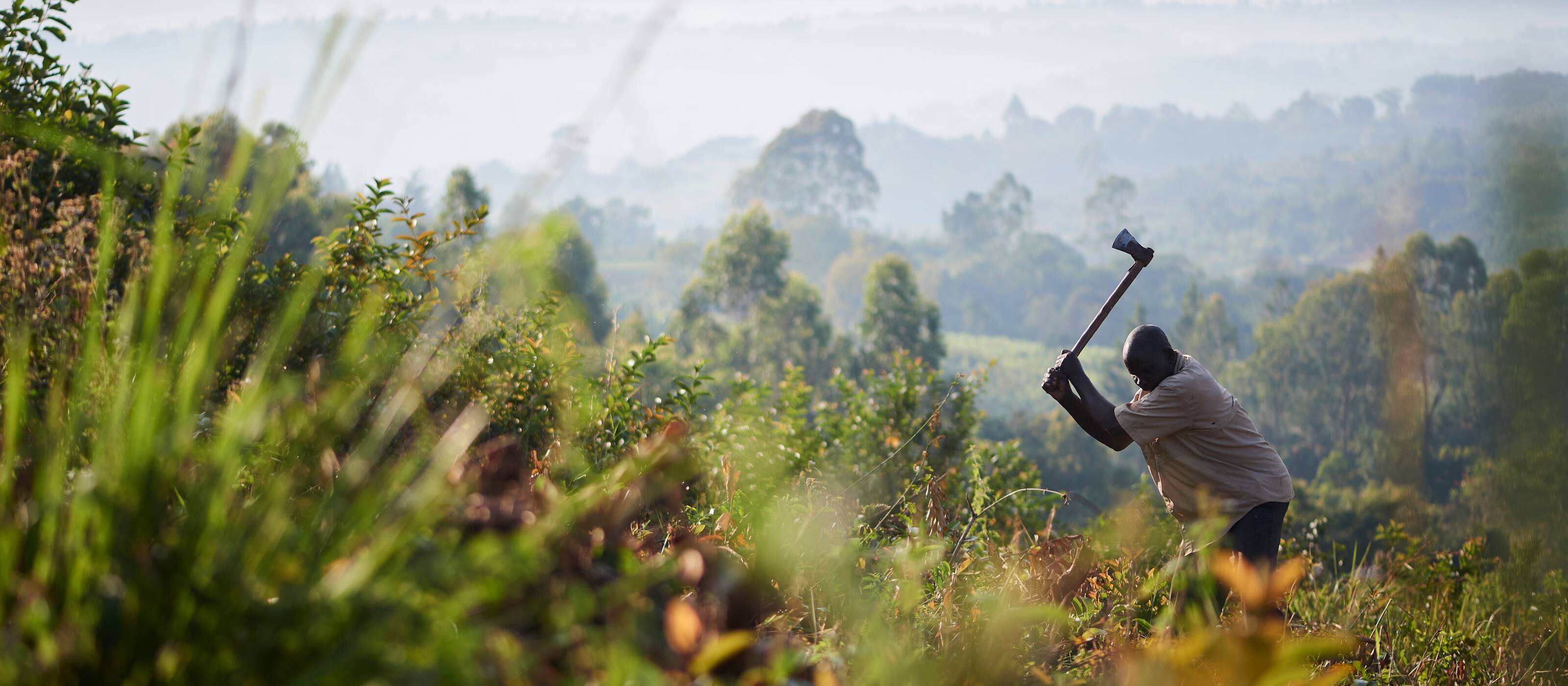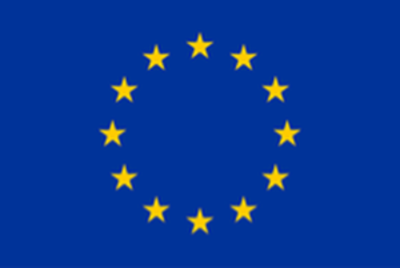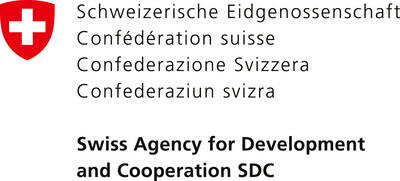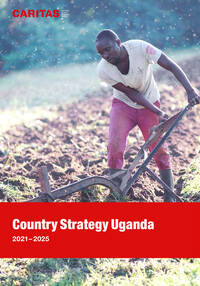

Uganda
What we do
For over 20 years, Caritas Switzerland has been actively involved in the development of Uganda. Throughout this time, the country has undergone substantial transformation: after almost two decades, the war with the Lord’s Resistance Army ended. Subsequently, the majority of internally displaced people moved out of camps and returned to their areas of origin. The necessary structures and institutions that should allow a democratic system and market economy are now in place. However, even with these structures and institutions, Uganda is still one of the world’s poorest countries. The dynamic economy and fast-growing business centers are hiding the fact that most of the population is very young, poorly educated, and unemployed. Government services are compromised by corruption and challenged by rapid demographic growth. Politics are contested, gender inequalities are pronounced, and natural resources are depleted and disputed. In addition, the country is vulnerable to natural disasters and the negative effects of climate change.
Caritas Switzerland’s Uganda Strategy responds to ome of the most pressing of these challenges. Our objective is to enable human development, cover basic needs, strengthen resilience, and enhance equity through socioeconomic empowerment and integration of youth and other vulnerable people. The Country Strategy works within the thematic fields of income, climate, and migration and promotes practices and principles designed to overcome the multiple barriers that prevent poor households and individuals from building sufficient income, assets, and human capital. Geographically, the focus is on Uganda’s greater north, where poverty is most severe, but may expand to other regions of the country in the future due to the replication potential of most approaches. Our engagement is fully aligned with the national development priorities set by the Government of Uganda to transform society from subsistence to market economy and prosperity by 2040.
Caritas Switzerland’s field structure in Uganda is composed of two offices that provide programmatic and administrative support as well as plan and implement action in close cooperation with local partner organizations. The aforementioned ensures continuous organizational and institutional development, which guarantees project quality and organizational/project sustainability as well as facilitating easy access to target groups, local knowledge, and networks.
Objectives
- Caritas enables youth, minorities, smallholders, and other vulnerable people to increase their income due to improved skills and a more inclusive agricultural market system.
- Livelihoods are sustainably secured due to the management of natural resources, which is adapted to climate variability and change and takes the health of supporting eco-systems into account.
- By covering basic needs and access to education and job opportunities, refugees and migrants are better protected and increasingly contribute to their self-sufficiency and development in the countries of origin, transit, and destination.
Snapshot
- Engagement in the country since: 1994
- Our main partners: Advance Afrika, Agency for Accelerated Regional Development (AFARD), Gulu Women's Economic Development and Globalization (GWED-G), Teso Initiative for Peace, Roots of the Nile, International Union for Conservation of Nature (IUCN), Mazars, BOMA Project, Africrops, Bern University of Applied Sciences - School of Agricultural, Forest and Food Sciences (HAFL)
- Our main donors: The Republic of Uganda, European Union*, Leopold Bachmann Foundation, Swiss Agency for Development and Cooperation (SDC)
*This is funded/co-funded by the European Union. Its contents are the sole responsibility of Caritas Switzerland and do not necessarily reflect the views of the European Union.
Contacts


Header image: Uganda 2021 © Fabian Biasio


